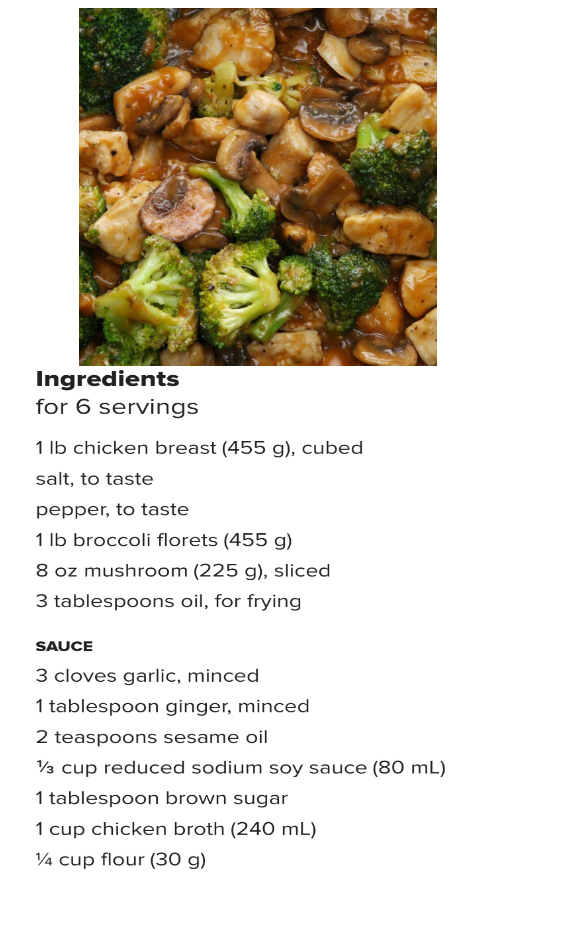Achieving Optimal Physical Wellness: A Comprehensive Guide
Physical wellness is a cornerstone of a fulfilling life, enabling us to perform daily tasks with energy, reduce the risk of chronic diseases, and enhance our overall quality of life. In Pakistan, embracing a holistic approach to physical well-being is increasingly important. This guide will provide actionable tips, supported by high-quality visuals, to help you embark on your journey to optimal physical wellness.
The Pillars of Physical Wellness
Physical wellness isn't just about hitting the gym; it's a multifaceted concept encompassing several key areas.
1. Balanced Nutrition
What you eat profoundly impacts your physical health. A balanced diet provides your body with the essential nutrients it needs to function optimally.
- Eat a Variety of Foods: Incorporate fruits, vegetables, whole grains, lean proteins, and healthy fats into your daily meals.
- Hydration is Key: Drink plenty of water throughout the day. In Pakistan's climate, staying hydrated is crucial for energy and bodily functions.
- Limit Processed Foods: Reduce intake of sugary drinks, excessive sweets, and processed snacks.
- Portion Control: Be mindful of your portion sizes to maintain a healthy weight.
2. Regular Physical Activity
Exercise is vital for maintaining a healthy heart, strong muscles and bones, and a robust immune system.
- Aim for Consistency: Strive for at least 150 minutes of moderate-intensity aerobic activity or 75 minutes of vigorous-intensity activity per week, along with muscle-strengthening activities twice a week.
- Find Activities You Enjoy: Whether it's brisk walking, cycling, swimming, yoga, or playing cricket, choose activities that keep you engaged.
- Incorporate Movement into Your Day: Take the stairs, walk to nearby destinations, or do light stretches during breaks.
3. Adequate Sleep
Sleep is often underestimated but is critical for physical repair, mental clarity, and emotional regulation.
- Prioritize 7-9 Hours: Most adults need 7-9 hours of quality sleep per night.
- Establish a Routine: Go to bed and wake up around the same time each day, even on weekends.
- Create a Relaxing Environment: Ensure your bedroom is dark, quiet, and cool. Avoid screens before bedtime.
4. Stress Management
Chronic stress can take a significant toll on your physical health, leading to various ailments.
- Practice Relaxation Techniques: Incorporate deep breathing exercises, meditation, or mindfulness into your daily routine.
- Engage in Hobbies: Pursue activities you enjoy to unwind and de-stress.
- Seek Support: Talk to trusted friends, family, or a professional if stress becomes overwhelming.
5. Regular Health Check-ups
Preventive care is crucial for early detection and management of potential health issues.
- Schedule Annual Check-ups: Regular visits to your doctor can help monitor your health and catch problems early.
- Stay Up-to-Date with Vaccinations: Ensure you are protected against preventable diseases.
- Monitor Your Body: Be aware of any unusual changes or symptoms and consult a healthcare professional.
Practical Tips for Integrating Wellness into Your Life
- Start Small: Don't try to change everything at once. Begin with one or two manageable goals and gradually build from there.
- Set Realistic Goals: Ensure your goals are achievable and specific to avoid discouragement.
- Track Your Progress: Keep a journal or use an app to monitor your nutrition, exercise, and sleep. This can be a great motivator.
- Find a Buddy: Exercise or cook healthy meals with a friend or family member for added motivation and accountability.
- Be Patient and Consistent: Results take time. Focus on consistency and celebrate small victories along the way.




0 Comments